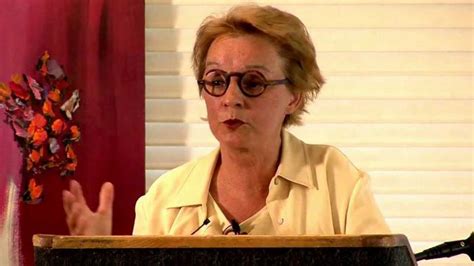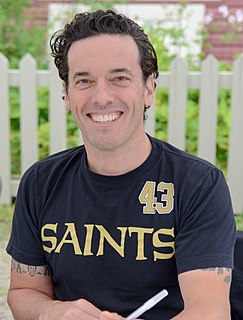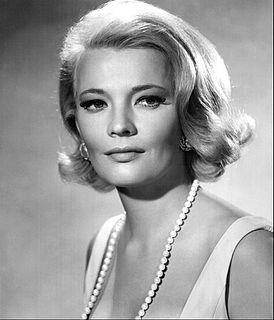A Quote by Annie Besant
A myth is far truer than a history, for a history only gives a story of the shadows, whereas a myth gives a story of the substances that cast the shadows.
Related Quotes
But myth is something else than an explanation of the world, of history, and of destiny. Myth expresses in terms of the world - that is, of the other world or the second world - the understanding that man has of himself in relation to the foundation and the limit of his existence. Hence to demythologize is to interpret myth, that is, to relate the objective representations of the myth to the self-understanding which is both shown and concealed in it.
A myth is a fantasy, a preferred lie, a foundational story, a hypnotic trance, an identity game, a virtual reality, one that can be either inspirational or despairing. It is a story in which I cast myself; it is my inner cinema, the motion picture of my inner reality - one that moves all the time. No diagnosis can fix the myth, no cure can settle it, because our inner life is precisely what, in us, will not lie still.
Dream is personalized myth, myth is depersonalized dream; both myth and dream are symbolic in the same general way of the dynamics of the psyche. But in the dream the forms are quirked by the peculiar troubles of the dreamer, whereas in myth the problem and solutions shown are directly valid for all mankind.
John [Cassavetes] had shot a great deal of Shadows and I had to go fulfill my contract in California, so he and all the rest of the Shadows cast came out to California and they finished it off and he cut it. He turned the garage into an editing room and he was by then a director of Shadows. That's the only thing he'd directed. But, he loved it.









































